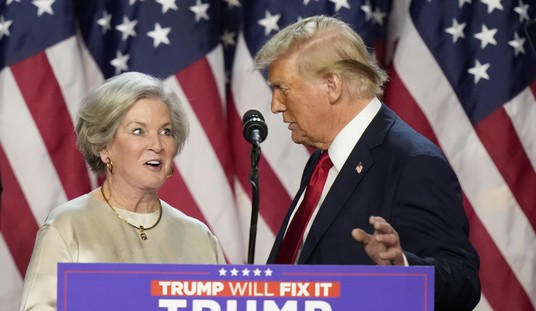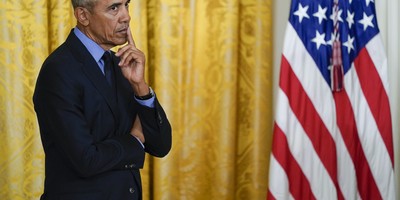WASHINGTON -- When Chancellor Angela Merkel decided that Germany would pay part of Greece's bills, voters punished her party in elections in Germany's most populous state, North Rhine-Westphalia. How appropriate.
The 1648 Peace of Westphalia, which ended the Thirty Years' War, ratified Europe's emerging system of nation-states. Since the end of the Thirty-One Years' War (1914-1945), European elites have worked at neutering Europe's nationalities. Greece's debt crisis reveals this project's intractable contradictions, and the fragility of Western Europe's postwar social model -- omniprovident welfare states lacking limiting principles.
Greece represents a perverse aspiration -- a society with (in the words of Wisconsin Republican Rep. Paul Ryan) "more takers than makers," more people taking benefits from government than there are people making goods and services that produce the social surplus that funds government. By socializing the consequences of Greece's misgovernment, Europe has become the world's leading producer of a toxic product -- moral hazard. The dishonesty and indiscipline of a nation with 2.6 percent of the eurozone's economic product have moved nations with the other 97.4 percent -- and the United States and the International Monetary Fund -- to say, essentially: The consequences of such vices cannot be quarantined, so we are all hostages to one another and hence no nation will be allowed to sink beneath the weight of its recklessness.
Recommended
Recklessness will proliferate.
"The coining of money," said William Blackstone more than two centuries ago, "is in all states the act of the sovereign power."
But the EU is neither a state nor sovereign enough to enforce its rules: No eurozone nation is complying with the EU requirement that deficits not exceed 3 percent of GDP.
The EU has a flag no one salutes, an anthem no one sings, a president no one can name, a parliament (in Strasbourg) no one other than its members wants to have power (which must subtract from the powers of national legislatures), a capital (Brussels) of coagulated bureaucracy no one admires or controls, a currency that presupposes what neither does nor should nor soon will exist (a European central government), and rules of fiscal behavior that no member has been penalized for ignoring. The euro currency both presupposes and promotes a fiction -- that "Europe" has somehow become, against the wishes of most Europeans, a political rather than a merely geographic expression.
The designs of the paper euros, introduced in 2002, proclaim a utopian aspiration. Gone are the colorful bills of particular nations, featuring pictures of national heroes of statecraft, culture and the arts, pictures celebrating unique national narratives. With the euro, 16 nations have said goodbye to all that. The bills depict nonexistent windows, gateways and bridges. They are from ... nowhere, which is what "utopia" means.
Since European integration began in 1951 with creation of the European Coal and Steel Community, the question has been: Will there be a Europe of states or a state of Europe? The euro is part of the attempt to create the latter, a Leviathan constructed from the surrendered sovereignties of Europe's nations.
If money represents, as Emerson said, the prose of life, the euro reflects a determination to make European life prosaic. It is an attempt to erase nationalities and subsume politics in economics in order to escape from European history. The euro pleases dispirited people for whom European history is not Chartres and Shakespeare but the Holocaust and the Somme. The euro expresses cultural despair.
It also presupposes something else nonexistent. The word "democracy" incorporates the Greek demos -- people. As the recent rampages of Greece's demos, and the reciprocated disdain of Germany's demos, demonstrate, Europe remains a continent of distinct and unaffectionate peoples. There is no "European people" united by common mores. Henry James wrote to William Dean Howells: "Man isn't at all one, after all -- it takes so much of him to be American, to be French, etc." Still true; still perilous to ignore.
It is said that, two decades after the end of Europe's East-West political division, there is a North-South cultural division. But Ireland's and, even more, Britain's debt problems refute that distinction. Britain's debt, Europe's worst, is the result of increasing government spending from 37 percent of GDP to 53 percent in a decade. The London Spectator says no other European nation "has expanded its government as quickly -- over this or any other decade in postwar history."
The U in the EU -- the unifying thread -- is indiscipline. Increasingly, it also is the unifying characteristic of the USA.

























Join the conversation as a VIP Member